Intermittent fasting is a popular approach to support metabolic health, promote weight loss, and enhance longevity.[1][2]
Although it can be effective, some people find it challenging to limit their eating window, especially in the beginning, as the body and brain must adapt to the new eating schedule.
This is where supplements can help by supporting energy, normal metabolic function, and greater resilience, while filling in any nutrient gaps.
7 Best Supplements For Intermittent Fasting
Different forms of intermittent fasting are recommended for various reasons, with the primary goals typically focused on improving metabolic function, promoting sustainable weight loss, and supporting longevity.
Supplements can help support these goals while providing additional health benefits.
Here are seven of the best vitamins, minerals, and nutrients to support your intermittent fasting journey.
1. Coenzymated B-Complex For Energy & Focus
Fatigue, tiredness, and brain fog can hit some people hard, especially when skipping or delaying breakfast while intermittent fasting.
This can be even more pronounced if you’re giving up processed sugar or other ultra-processed foods and upleveling your workouts.
The good news is that it typically doesn’t last too long, and water-soluble B vitamins can be a significant help.
B complex, which includes vitamins B1, B2, B3, B5, B6, B9, and B12, provides multifaceted energy, cognitive, and metabolic support and can typically be taken safely with or without food.[3][4][5]
Coenzymated B Complex works even better for some people, especially those with genetic variations, as it contains methylated or activated B-vitamins, which are more absorbable than other forms.
When to take: Many intermittent fasters take their B-complex first thing in the morning with a big glass of water for a natural energy boost.
If this doesn’t agree with your stomach or digestion, you can take them with your first meal and still reap the benefits.
Shop Country Life’s B Vitamins.
2. Omega-3s
Omega-3 fatty acids are important during any stage of life, but can be especially helpful during changes in diet.
These healthy fats, which come from sources like fatty fish, hemp, chia, and flaxseeds, eggs, and grass-fed meats, support a healthy inflammatory response, cardiovascular function, immune function, and cognitive function, and may potentially support abdominal weight loss as part of an overall weight loss strategy.[6][7]
Unfortunately, research suggests most Americans do not get enough healthful omega-3 fatty acids in relation to pro-inflammatory omega-6 fatty acids.[8]
When to take: Omega-3 supplements, such as Country Life’s Omega-3s from clean fish oil, can help you incorporate more of these healthy fats into your diet within your eating window and can be taken on an empty stomach or with food.
Learn more about the benefits of omega-3s and best sources in: The Best Omega-3 Fatty Acid Supplement & Food Sources
3. Magnesium
Also known as the anti-stress mineral, magnesium is involved in over 300 enzymatic reactions, including many factors related to metabolic function, energy production, and muscle relaxation.[9][10][11]
Many people don’t get enough magnesium from foods, such as leafy greens, legumes, and certain fruits, and if you’re limiting your eating window, that can mean even less magnesium.
Going without food for extended periods may also cause a natural drop in magnesium, which is why supplementation may be recommended.
As a bonus, if you’re also working out, magnesium supplementation can also help ease muscle discomfort and support recovery.[12]
The recommended daily amount of magnesium for adults, age 19 and up, is between 310 and 420 mg.
So, what form of magnesium is best?
Research suggests organic forms of magnesium, such as magnesium citrate, glycinate, and bisglycinate, are better absorbed than inorganic forms, such as magnesium oxide.[13]
When to take: Magnesium is often recommended before bed (and will not break your fast, provided it doesn’t contain additional caloric ingredients), for its relaxing effects. However, you can also take it on an empty stomach or with meals.
Get more information in: Magnesium Glycinate vs. Citrate: Which Form Is Best?
Shop Country Life Magnesium Supplements.
4. Multivitamin
Any significant change in diet can affect nutrient levels and energy, particularly in the initial stages. This is where high-quality multivitamins shine!
These formulas contain all the essential nutrients you need, and may provide a nice boost of energy to help you get through any morning—or afternoon—slumps.
Country Life has several multivitamins to choose from, including:
- Our RealFood Organics® Multivitamin For Women
- Realfood Organics® Multivitamin For Men
- Core Daily-1® for Women Multivitamin
- Core Daily-1® Daily Multivitamin For Men
- MAX for Vegans®
When to take: Since they include fat-soluble and water-soluble vitamins and minerals, multivitamins are generally best taken with food.
Related reading: What are the Best Multivitamin Ingredients for Women? & What is the Best Multivitamin for Men?
5. Clean Protein Powder
Many health experts recommend increasing protein during intermittent fasting to protect lean muscle mass, promote satiety, and support metabolic function and healthy body composition.[14][15]
Clean whey and vegan protein powders offer a convenient form of protein and essential amino acids to help you meet your daily protein targets, even when you’re eating less.
Protein powders may also be beneficial for workout recovery, and a healthy protein shake with veggies, healthy fats, and fruit can make a perfect mid-morning IM fast-breaker.
Country Life’s sister company, Biochem, offers a variety of clean grass-fed whey and sustainably sourced vegan protein powders in unflavored, chocolate, vanilla, unsweetened, and naturally sweetened.
Visit Biochem to shop clean protein powders, browse recipes, and learn more about the power of protein for health and fitness.
6. Vitamin D
Vitamin D deficiency and insufficiency are common, whether you’re intermittent fasting or not.
Fortunately, most doctors check serum vitamin D levels at annual checkups and typically recommend supplementation as a first-line defense.
Vitamin D, which is an essential vitamin, hormone, and antioxidant, supports bone density, hormonal function, immune function, and various aspects of metabolic function.[16][17]
The reason so many people lack vitamin D is that it mainly comes from sun exposure rather than foods. And since most people spend most of their time indoors and covered up outdoors, deficiencies and insufficiencies are common.
The recommended daily amount of vitamin D is 600–800 IU for adults; however, many doctors and practitioners recommend higher doses, so it is best to consult with them for individual dosage guidance.
Vitamin D3 is widely recognized as the most absorbable form of Vitamin D,[18] and is available from Country Life as D3 sourced from natural lanolin or vegan D3 from lichen.
When to take: Vitamin D3 is a fat-soluble vitamin, and therefore should be taken with a meal that includes healthy fats for optimal absorption.
Shop Country Life’s Vitamin D supplements.
7. Zinc
Zinc may seem like an odd supplement to recommend for intermittent fasters, but its studied role in and benefits for metabolism make it worth consideration.
Zinc also plays a vital role in promoting immune function, skin health, gut health, muscle repair, and cardiovascular function—all of which relate to the potential benefits of intermittent fasting.[19][20]21]
If your multivitamin contains zinc, you may not need to take additional zinc supplements. However, if you’re not taking a multivitamin, it may be something to discuss with your healthcare practitioner.
When to take: Zinc supplements can cause nausea if taken without food, so it is recommended to take them with a meal.
Discover more about this marvelous mineral: 10+ Benefits Of Zinc For Immunity, Skin, Hormonal Health, & More.
Let’s Recap The Best Supplements For Intermittent Fasters
The right supplements can be a perfect partner to support metabolic function, energy, focus, and more while on your intermittent fasting journey.
Interested in learning more about how supplements can support various diets and nutritional philosophies? Check out the following:
- The Best Supplements For The Carnivore Diet
- The Best Vitamins For Vegans And Vegetarians
- A Guide To Vitamins And Supplements While On GLP-1
References Mentioned in This Article
- “Intermittent Fasting: Current Evidence in Clinical Practice”. J Obes Metab Syndr.
- “Intermittent Fasting: Exploring Approaches, Benefits, and Implications for Health and Weight Management” The Journal for Nurse Practitioners.
- “The B-complex vitamins related to energy metabolism and their role in exercise performance: A narrative review. Science & Sports,
- “Potential mental and physical benefits of supplementation with a high-dose, B-complex multivitamin/mineral supplement: What is the evidence?” Nutr Hosp.
- “B Vitamins: Functions and Uses in Medicine”. The Permanente Journal.
- “Omega-3 Fatty Acids”. The National Institute of Health Office of Dietary Supplements.
- “The effect of omega-3 fatty acid supplementation on weight loss and cognitive function in overweight or obese individuals on weight-loss diet”. Nutr Hosp.
- “Health implications of high dietary omega-6 polyunsaturated Fatty acids”. J Nutr Metab.
- “Magnesium Basics,” Clinical Kidney Journal, Volume 5
- “Magnesium and Man: Implications for Health and Disease”. Physiological Reviews.
- “Magnesium”. Oregon State University. Linus Pauling Institute Micronutrient Information Center.
- “Magnesium for skeletal muscle cramps”. Cochrane Database Syst Rev.
- “Comparative Clinical Study on Magnesium Absorption and Side Effects After Oral Intake of Microencapsulated Magnesium (MAGSHAPETM Microcapsules) Versus Other Magnesium Sources”. Nutrients.
- “Effects of protein on glycemic and incretin responses and gastric emptying after oral glucose in healthy subjects”. The American Journal of Clinical Nutrition.
- “Animal and plant‐based proteins have different postprandial effects on energy expenditure, glycemia, insulinemia, and lipemia: A review of controlled clinical trials”. Food Science & Nutrition.
- “The Role of Vitamin D in Health and Disease: A Narrative Review on the Mechanisms Linking Vitamin D with Disease and the Effects of Supplementation”. Drugs.
- “Effects of Vitamin D on Fertility, Pregnancy and Polycystic Ovary Syndrome—A Review”. Nutrients.
- “Relative Efficacy of Vitamin D2 and Vitamin D3 in Improving Vitamin D Status: Systematic Review and Meta-Analysis”. Nutrients.
- “Zinc Fact Sheet for Health Professionals.” NIH Office Of Dietary Supplements.
- “Zinc and its importance for human health: An integrative review”. J Res Med Sci.
- “Multifunctional role of zinc in human health: An update”. EXCLI Journal.


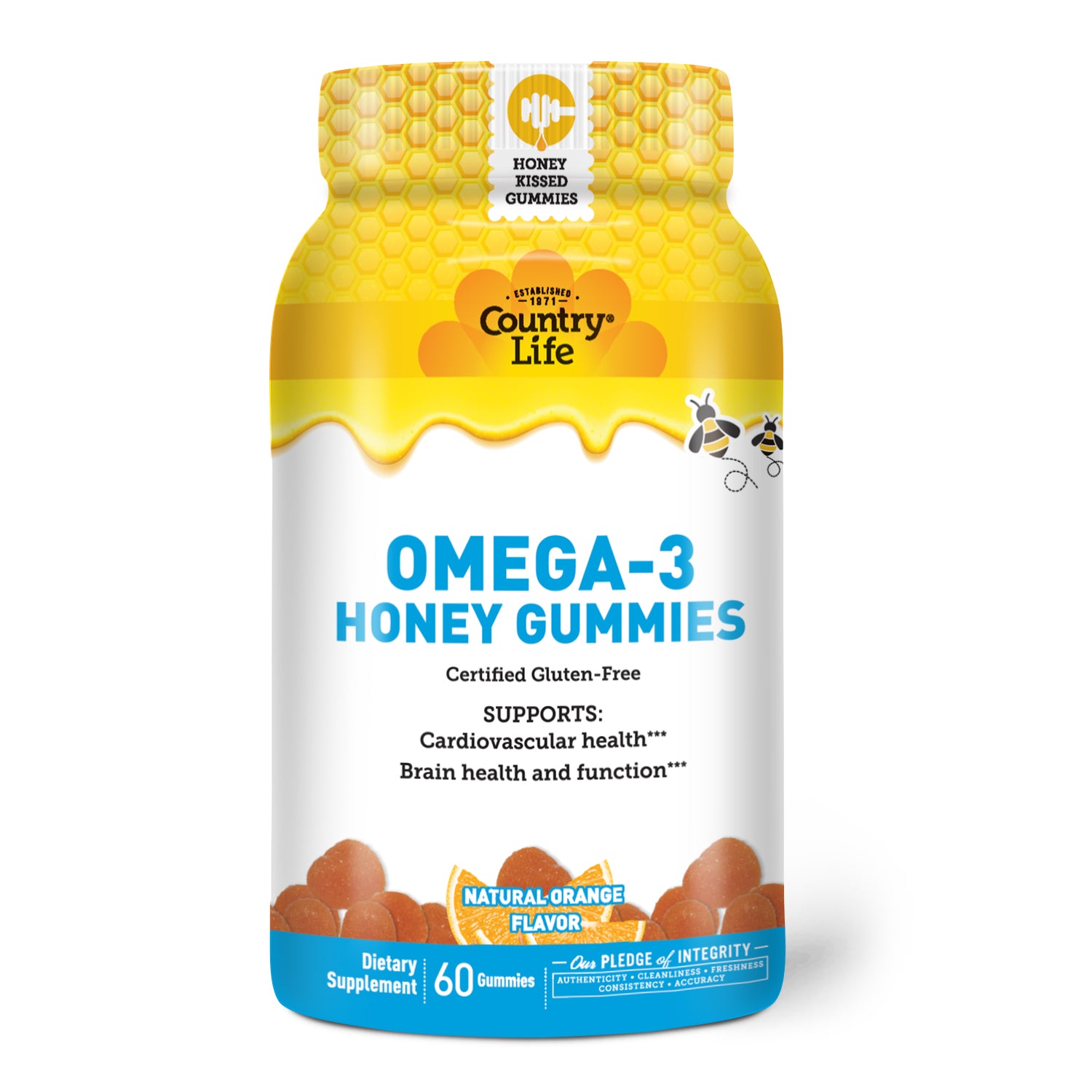
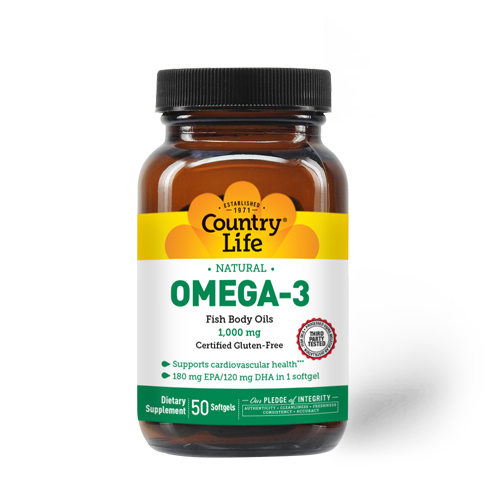
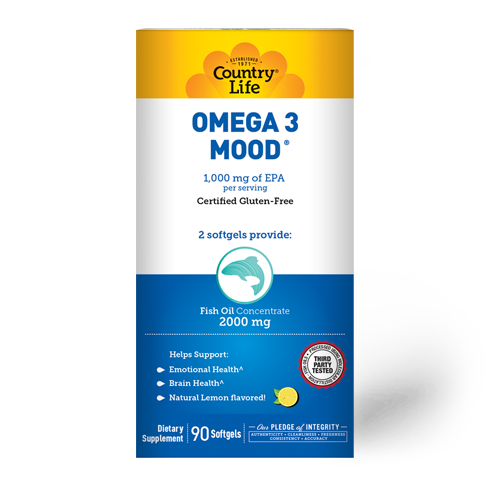
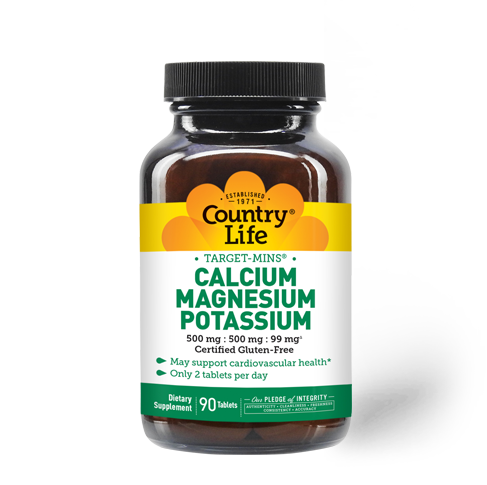
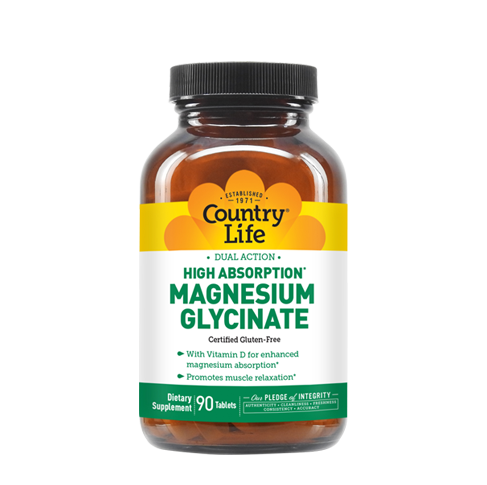
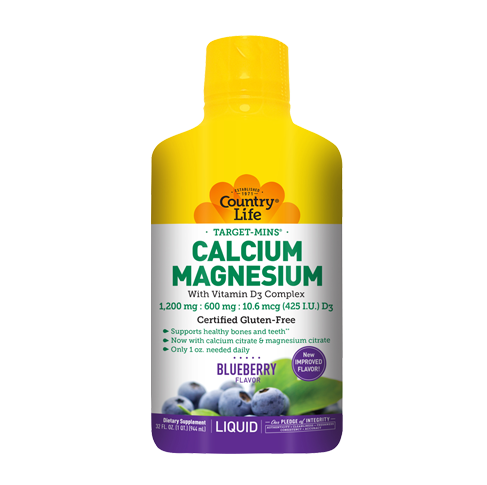
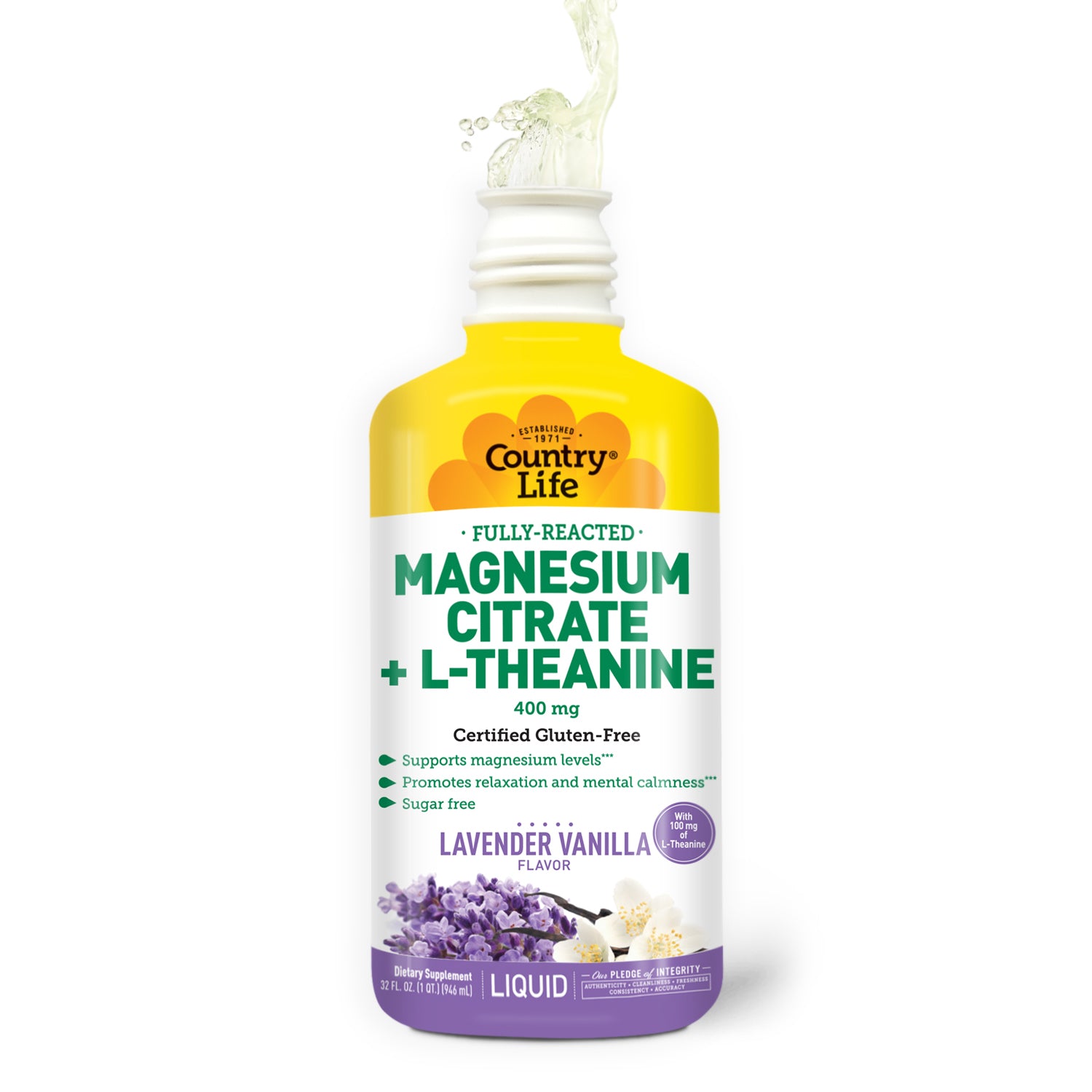










Share:
What are Bioavailable Supplements? A Complete Guide to Better Absorption